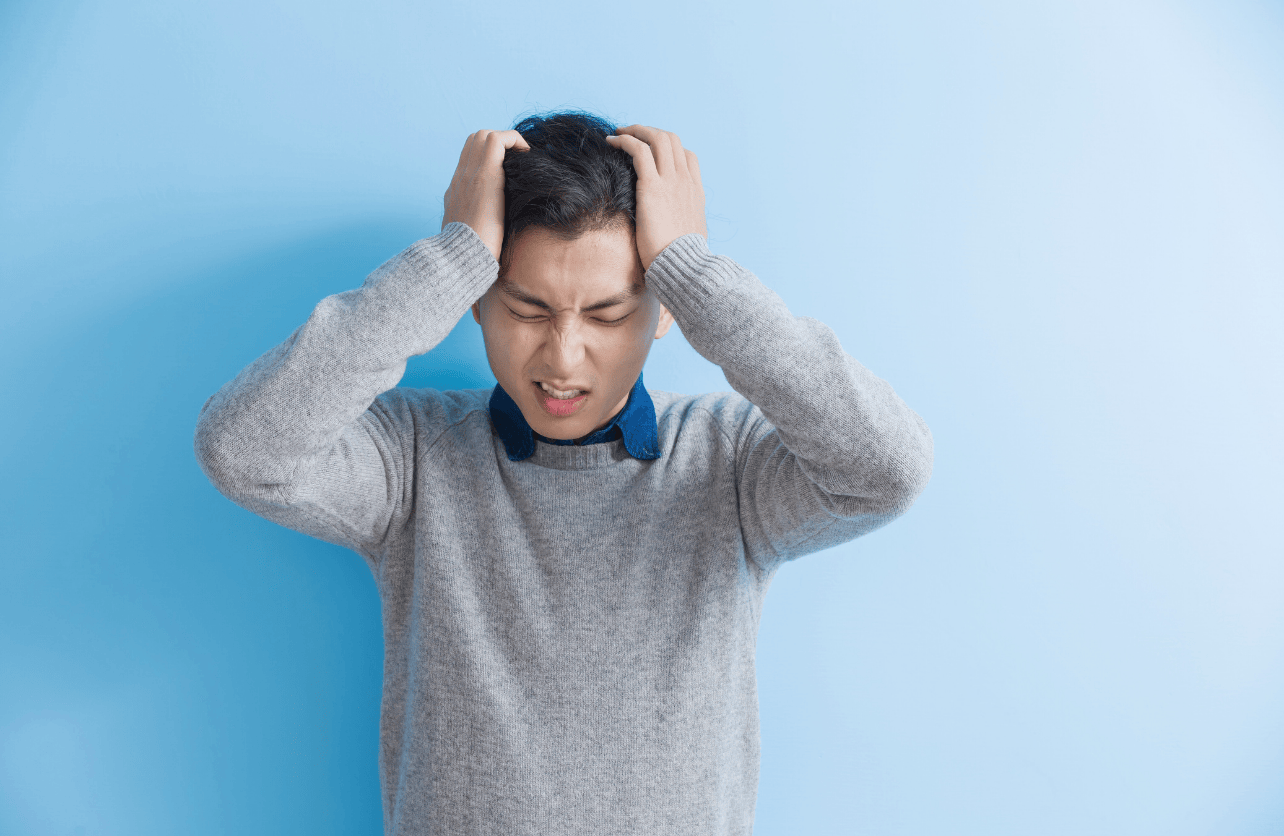Can Creatine Cause Headaches?

Creatine is one of the most popular supplements in the fitness world—praised for its ability to boost strength, muscle gains, and exercise performance. But not everyone walks away headache-free. Some users report head pain while taking creatine, which naturally raises the question: is creatine the culprit?
The short answer is: not directly, but it can contribute to headaches under certain conditions. To understand why, we need to look at how creatine works in the body and what factors might make some people more prone to side effects.
What Creatine Actually Does
Creatine is a compound that occurs naturally in your muscles and brain. Your body produces it from amino acids, and you also get small amounts through foods like red meat and fish. Supplementing with creatine, usually in the form of creatine monohydrate, increases your muscles’ creatine phosphate stores. This helps regenerate ATP, your body’s primary energy source during short bursts of high-intensity activity.
In simpler terms, creatine gives your muscles a bit more fuel, allowing you to train harder and potentially recover faster. That’s why it’s so popular among weightlifters, sprinters, and even casual gym-goers.
Why Headaches Might Occur While Taking Creatine
While creatine itself isn’t known to directly cause headaches, the way it affects your body—particularly your hydration and training habits—can increase the chances of developing one. Here’s how:
Dehydration Is Often the Real Issue
One of creatine’s primary effects is drawing water into your muscle cells. This is part of what helps give muscles a “fuller” look, but it also means your body’s water balance shifts slightly. If you’re not increasing your water intake to match this shift, you might end up mildly dehydrated. And dehydration is a well-known headache trigger.
For people who already drink at the lower end of the daily fluid recommendation, creatine can push them over that edge—especially if they sweat heavily during workouts.
More Intense Workouts Can Lead to Exertion Headaches
Creatine helps you push harder in the gym. That’s great for performance, but it also increases your risk of overexerting yourself—particularly during high-intensity interval training (HIIT) or heavy lifting sessions.
Exertion headaches tend to occur during or right after intense physical activity. They feel like a pulsating pain, often on both sides of the head, and can last anywhere from a few minutes to several hours. Creatine won’t cause these headaches directly, but it can enable the kind of intense training that sets them off.
Heat and Electrolyte Imbalance May Make Things Worse
If you’re training outdoors or in a warm gym environment, the combination of heat, sweat, and creatine-induced water redistribution can lead to a loss of fluids and electrolytes. Sodium, potassium, and magnesium all play a role in hydration and nerve function. If they’re out of balance, headaches—and even muscle cramps—can follow.
Many athletes focus on water intake but forget about replenishing electrolytes, which can leave them feeling lightheaded, tired, or headache-prone even when they think they’re well-hydrated.
Individual Sensitivities or Additives in Supplements
Though rare, some people may have a sensitivity to creatine or the other ingredients mixed into commercial creatine powders. Flavored versions can include artificial sweeteners, caffeine, or dyes that don’t sit well with everyone. It’s possible that what’s triggering the headache isn’t the creatine itself, but something bundled with it.
If you experience headaches only when using a specific brand or flavored version, switching to a pure, unflavored creatine monohydrate powder may help.
How to Prevent Headaches While Taking Creatine
If you’ve started creatine and noticed an uptick in headaches, don’t panic. It doesn’t necessarily mean you need to stop using it. A few tweaks to your routine can usually resolve the issue:
Increase your water intake. A good rule of thumb is to add at least 16–20 ounces (roughly half a liter) of water for every 3–5 grams of creatine you consume.
Track electrolyte intake. Especially during hot weather or long training sessions, consider drinks or supplements with sodium, potassium, and magnesium.
Monitor your intensity. If your new training regimen feels overwhelming, scale it back slightly or take longer recovery periods between sets.
Choose clean supplements. Go for pure creatine monohydrate without fillers or flavoring, particularly if you’re prone to migraines or have food sensitivities.
Listen to your body. If headaches persist despite making changes, it’s worth checking in with a healthcare provider. They can help rule out other causes and offer personalized advice.
The Bottom Line
Creatine doesn’t cause headaches in most people—but under the right conditions, it can contribute to them. Whether it’s through dehydration, electrolyte loss, overtraining, or added supplement ingredients, there are several indirect pathways that can lead to head pain. The good news is, most of these are preventable with simple adjustments.
If you’re using creatine and noticing headaches, don’t rush to abandon it entirely. Address the likely causes first—drink more water, train smart, and read your supplement labels. In most cases, that’s enough to keep your gains coming without the pounding in your temples.
Building a Stronger You
Supplement Institute is the fruit of extensive online publishing experience, spanning the breadth of SEO strategies to the nuances of paid advertisements. Our journey, marked by significant achievements and learning moments, inspires our core mission: to empower our readers with an abundance of information. By sharing insights and key learnings, we aim to provide you with the knowledge needed to navigate the complex world of supplements, helping you make well-informed decisions for your health and well-being. Welcome to Supplement Institute, where information is your greatest supplement.